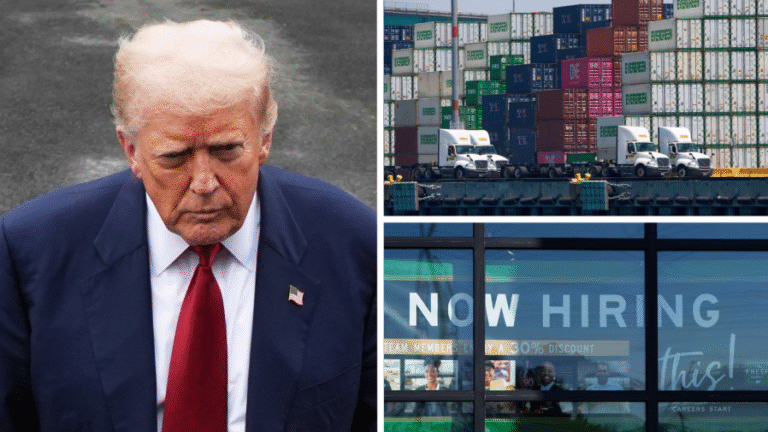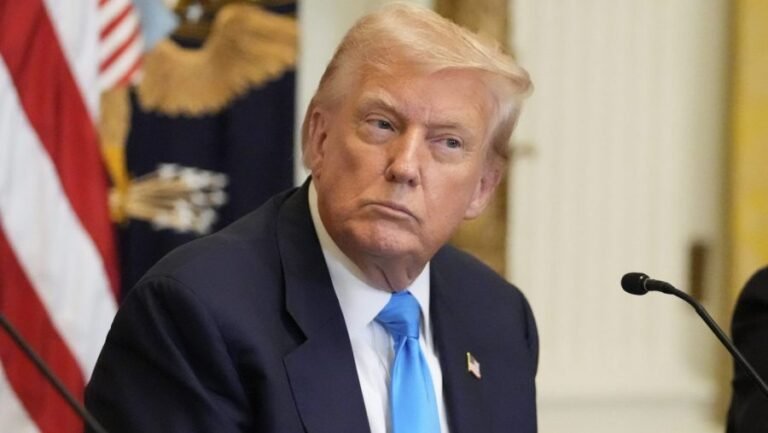
The Trump administration’s tariffs and the ensuing debates have diverted attention from the fact that regulating international trade is the role of Congress. After all, tariffs are taxes, and it’s a bedrock principle of U.S. law that taxation requires legislation.
The Framers made this point clear when they granted Congress the power to impose “imposts” and “duties” — meaning tariffs — to regulate external commerce.
Fortunately, Congress is starting to exercise its constitutional powers over foreign commerce again. On March 12, Sen. Bill Hagerty (R-Tenn.) — a former U.S. ambassador to Japan — introduced a bill to shield U.S. companies from the European Union’s Corporate Sustainability Due Diligence Directive, a regulation dating back to July 2024 that forces U.S. companies to audit their entire supply chains and disclose wide-ranging environmental, social, and governance or ESG metrics that exceed the requirements of U.S. law.
The idea of protecting critical American industries from Europe’s regulatory overreach is not new or partisan. In 2012, President Obama signed a law to block imposition of E.U. carbon fees on U.S. airlines. Then-Sen. Claire McCaskill (D-Mo.) and Sen. John Thune (R-S.D.) co-sponsored the bill.
Two years after the McCaskill-Thune bill, the EU backed down on aviation carbon fees. McCaskill cheered that Americans wouldn’t “be forced to pay a European tax when flying in U.S. airspace.”
But the victory was temporary. Europe today seeks creative ways to regulate the global operations of U.S. companies even if they have a small footprint in the E.U. The extraterritorial reach of E.U. rules can best be described as a 21st century version of European imperialism.
Hagerty’s bill ensures that our critical manufacturing sector is not hamstrung by the same EU policies that have crushed their own manufacturing base. As important as the bill itself, Congress’s willingness to protect American industry from burdensome EU rules sends the right message: The U.S. will not allow “Eurosclerosis” to spread here.
The best authorities on the effects of European regulations are European companies themselves, as they look at the American regulatory framework with envy. The CEO of Ericsson, a Swedish multinational telecommunications and networking company, Börje Ekholm, has warned that overregulation is “driving Europe to irrelevance.” He has even toyed with the idea of relocating the Swedish mobile giant to the U.S.
Ericsson wouldn’t be the first European company to jump ship as a result of EU regulatory strangulation. Bird, a top Dutch cloud communications startup announced last month that it was moving operations out of Europe because EU regulations “block true innovation in a global economy moving extremely fast to AI.”
Ensuring the competitiveness of America’s designated critical industries is rightly priority No. 1. But Hagerty’s bill has the opportunity to go even further — American pharmaceutical companies, agriculture companies and AI leaders must also be shielded from EU overreach, lest they be forced to flee Europe like Bird.
In a recent letter to Treasury Secretary Scott Bessent, Hagerty and other leaders in Congress pointed out that “at least 300 U.S. companies listed in the S&P 1500 will be directly affected by” this European ESG policy. Due to sweeping supply chain disclosure obligations, the number of American companies indirectly affected is much higher.
Worse, covered companies are in the dark about the cost of reporting errors. The EU’s most recent amendments to the Corporate Sustainability Due Diligence Directive removed the maximum cap on penalties — initially set to at least 5 percent of a company’s annual revenue — instead deferring to European member states to fine companies for noncompliance as they see fit.
Ten years ago, McCaskill was right to point out the absurdity of the EU’s global aviation tax scheme. It’s equally absurd that an American company’s balance sheet be threatened by over-eager regulators in Luxembourg or Greece.
Hagerty’s bill is a welcome reassertion of American sovereignty and a welcome reminder of Congress’s central role in regulating foreign commerce.
Michael Toth is a research fellow at the Civitas Institute at the University of Texas at Austin and a seasoned tech general counsel with over fifteen years of corporate counsel and litigation experience.


